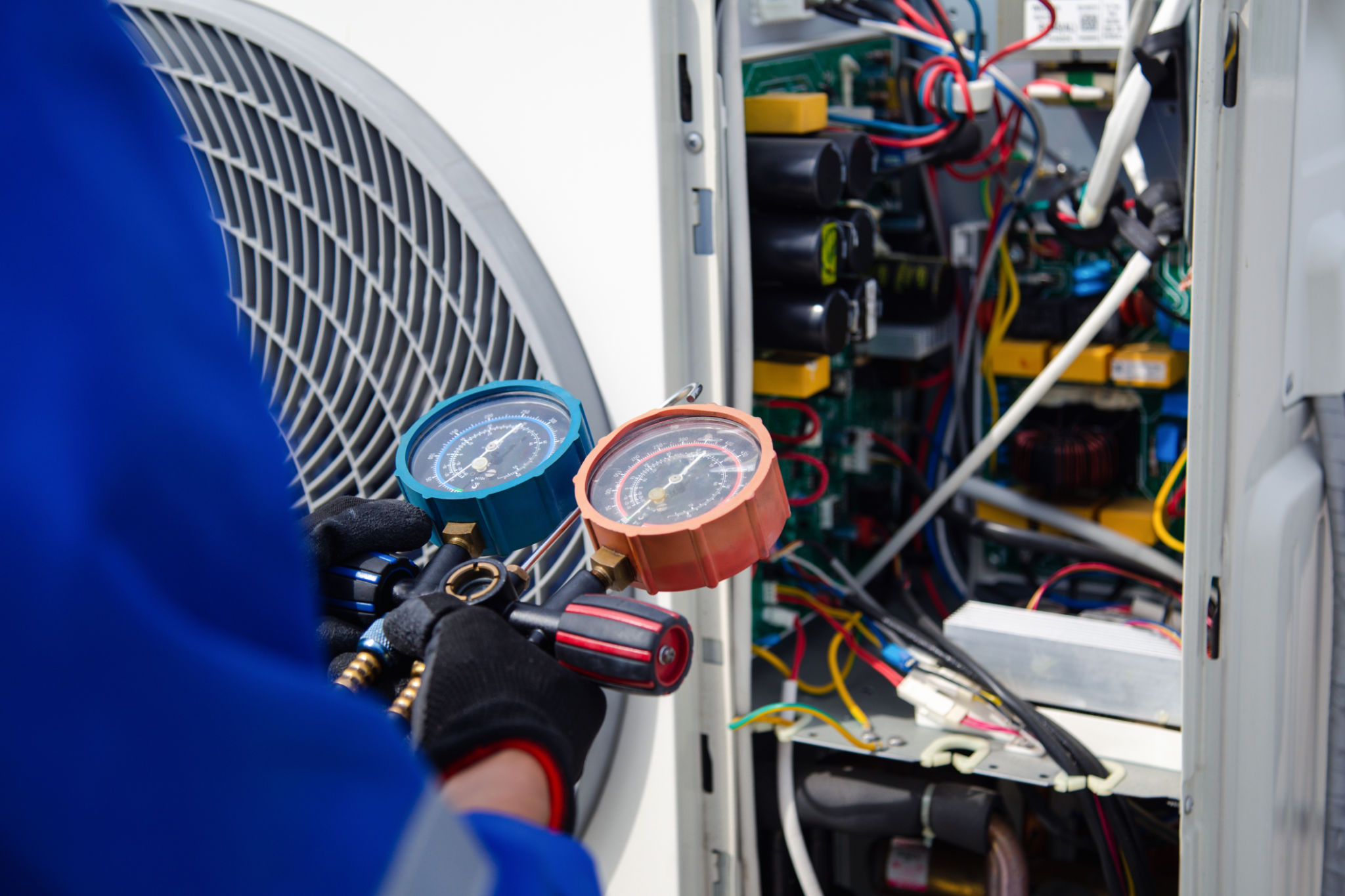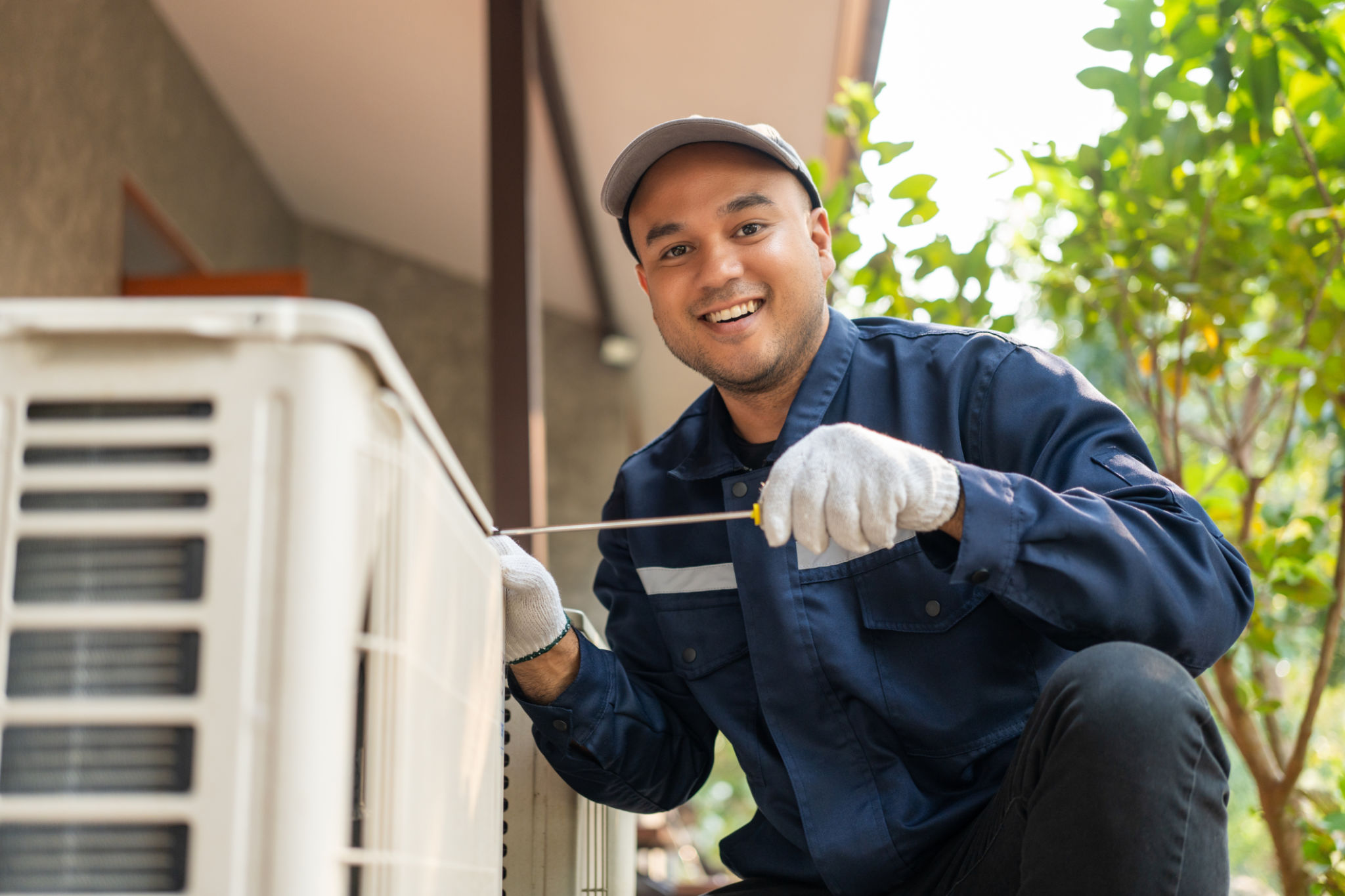Case Study: How We Extended the Lifespan of a Commercial HVAC System in Denver
Introduction
In the bustling city of Denver, a commercial building faced a significant challenge with its aging HVAC system. With operational efficiency declining and maintenance costs rising, the facility manager sought a solution that could extend the system's lifespan without compromising comfort. Our team stepped in to provide a comprehensive strategy that not only enhanced performance but also prolonged the life of the HVAC system.

Initial Assessment
The first step in our process was a thorough assessment of the existing HVAC system. Our experts conducted a detailed analysis to identify key areas of concern, including outdated components, inefficiencies in operation, and potential safety hazards. This initial evaluation was crucial in understanding the specific needs of the system and creating a tailored plan for improvement.
Key Findings
During the assessment, we discovered several critical issues:
- Obsolete technology that limited efficiency.
- Lack of regular maintenance leading to increased wear and tear.
- Inconsistent temperature control affecting occupant comfort.
Customized Solution
Based on our findings, we developed a customized solution to address each issue systematically. Our approach focused on three main areas: upgrading components, optimizing operations, and implementing a proactive maintenance schedule.

Component Upgrades
We recommended replacing outdated parts with modern, energy-efficient alternatives. This included upgrading thermostats, installing variable frequency drives (VFDs) on motors, and enhancing insulation. These upgrades were designed to reduce energy consumption and improve overall system performance.
Operational Optimization
To enhance the system's efficiency, we optimized its operational settings. This involved recalibrating controls to ensure consistent temperature regulation and integrating smart technology for better monitoring and management. By streamlining operations, we were able to reduce energy waste and lower utility bills.
Proactive Maintenance
A key component of our strategy was establishing a proactive maintenance schedule. Regular inspections and timely interventions help prevent major breakdowns and extend the life of the HVAC system. Our team provided comprehensive training for the facility's maintenance staff to ensure ongoing care and attention.

Results Achieved
The implementation of our solution yielded impressive results. The commercial building experienced a significant reduction in energy costs, improved occupant comfort, and increased reliability of the HVAC system. Moreover, the lifespan of the system was effectively extended, delaying the need for a costly full replacement.
Client Feedback
The facility manager praised our team's expertise and dedication: "The improvements have been remarkable. We've seen a noticeable difference in both efficiency and comfort levels. It's reassuring to know that our HVAC system is now running optimally and sustainably."
Conclusion
This case study highlights the importance of proactive solutions in extending the lifespan of commercial HVAC systems. By addressing issues early on and implementing strategic upgrades, businesses can enjoy improved performance, reduced costs, and increased longevity of their systems. Our approach in Denver serves as a model for similar projects seeking sustainable outcomes.
